In March of last year, the world witnessed the beginnings of one of the largest public health crises in recent history. The Ebola outbreak in Guinea quickly became an epidemic as the disease moved throughout West Africa despite the best efforts of national and international health care workers who tried desperately to contain it.
The reality was that those on the frontlines were fighting an uphill battle. Medical workers lacked sufficient medical supplies. Those treating patients could wear the necessary personal protective equipment no more than 45 minutes at a time. Diagnostic tools took take days to deliver results. And an overwhelming environment of fear caused many communities not to seek care.
The sheer scale of the crisis was vast and we simply did not have all of the tools we needed to fight it effectively.
The United States was quick to join in the fight, coordinating with host governments and global partners to fortify health security and infrastructure in the region and beyond. But there were still a number of challenges for which we did not yet have solutions.
In recognition of this, USAID, in collaboration with the White House, the Centers for Disease Control and Prevention and the Department of Defense, launched Fighting Ebola: A Grand Challenge for Development to rally innovators, scientists, businesses and students from across the world to rapidly develop new solutions and identify better tools to help tackle Ebola in months—not years.
The response was incredible, with over 1,500 ideas generated from across the globe from engineers, architects and even a wedding dress designer. The challenge resulted in numerous innovations, including a new and improved protective suit, wearable sensors to track vital signs, cooling vests for emergency workers, and new long-lasting antiseptics with the potential to save thousands of lives in the ongoing fight against Ebola.
I mention the Ebola challenge because, in a larger sense, it embodies the 21st century approach to development that USAID has embraced.
Last April, USAID launched the U.S. Global Development Lab as a way to bring together a diverse set of actors to discover, test and scale breakthrough development solutions as well as to accelerate the transformation of the U.S. development enterprise. Building on USAID’s 50 years of innovative work in development, the Lab applies science, technology, innovation and partnerships to global development challenges to accelerate USAID’s development impact.
But what does this mean in tangible terms? It means open innovation. It means sourcing the best and most innovative ideas no matter where they come from, going beyond those sectors that have traditionally worked with the development community to bring in a wide range of solvers from around the world—students, researchers, entrepreneurs and local innovators. It means rethinking traditional development practices. It means engaging all sectors of society to successfully utilize new advances in science and technology so we can consistently innovate and test the most promising solutions to today’s most pressing development challenges.
The Lab is not just focused on the innovations—exciting as they are. To accelerate development effectively, we are committed to using evidence as the basis for innovation; recognizing iteration as the key driver of success; and building scale and sustainability into solutions from the start, all in partnership with others.
This is a collaborative effort across the Agency, with more missions and bureaus pioneering and integrating STIP (science, technology, innovation and partnerships) approaches into their work every year and more partners working with us than ever before.
At the Lab, our aim is to open up the field of international development to new people, new technologies, new ideas, new ways of using evidence, new ways of iterating and new ways of solving some of the biggest challenges facing humanity.
We want and need to bring the world’s best and most creative minds together so we can find the best solutions, rigorously test them, change them when we need to, and bring a select few to scale for widespread, global impact.
This edition of FrontLines gives these ideas a human face. You will read about how science, technology and innovative thinking from some unique minds and unexpected places are changing the traditional development model and making a serious impact on the ground.
From a Ghanaian woman who is helping pioneer mobile banking in her community to a tech startup that is providing clean solar power to rural communities in Tanzania, these stories highlight the importance of scientific innovation in development and show that some of the best solutions often come from the unlikeliest of places.







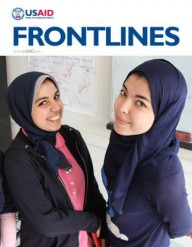

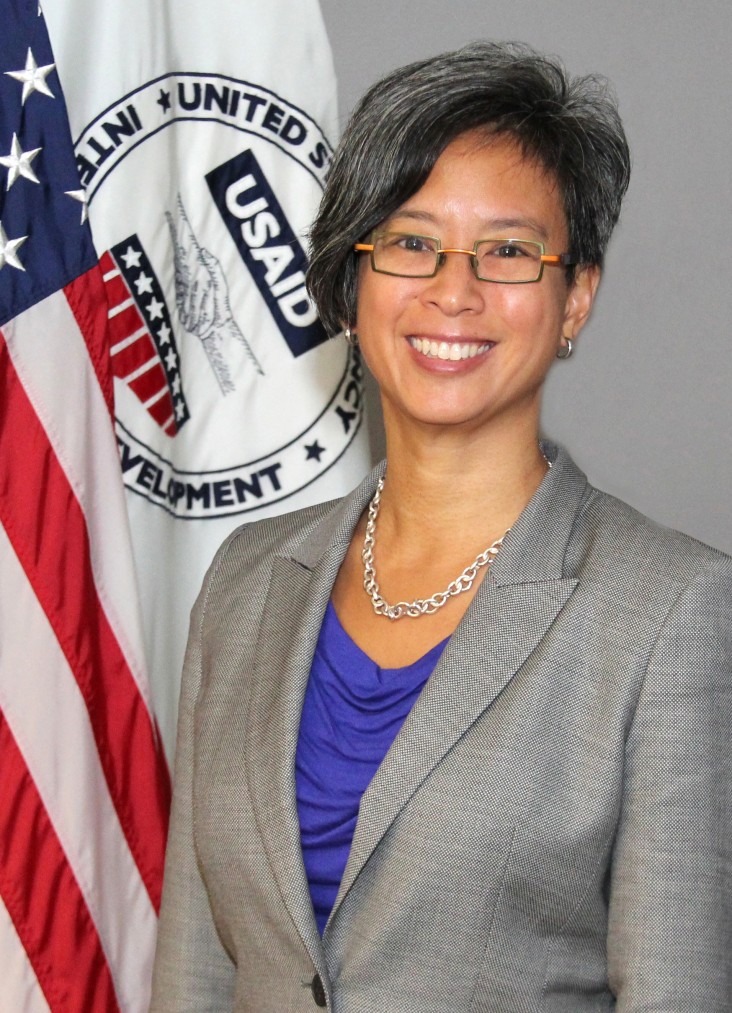
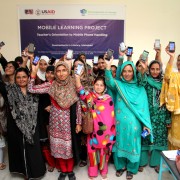
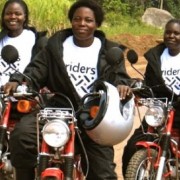
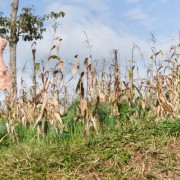
Comment
Make a general inquiry or suggest an improvement.